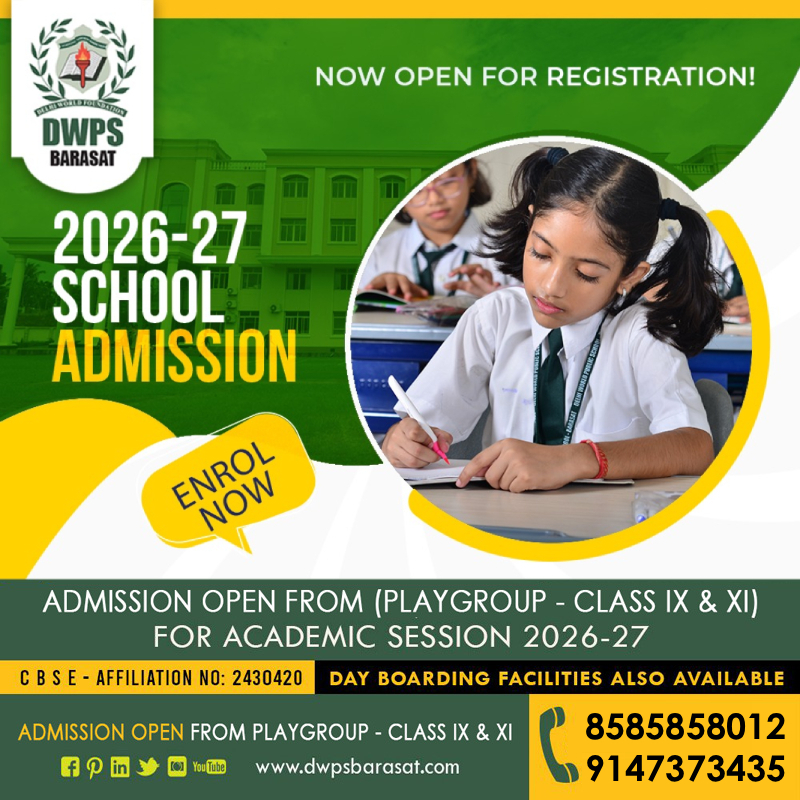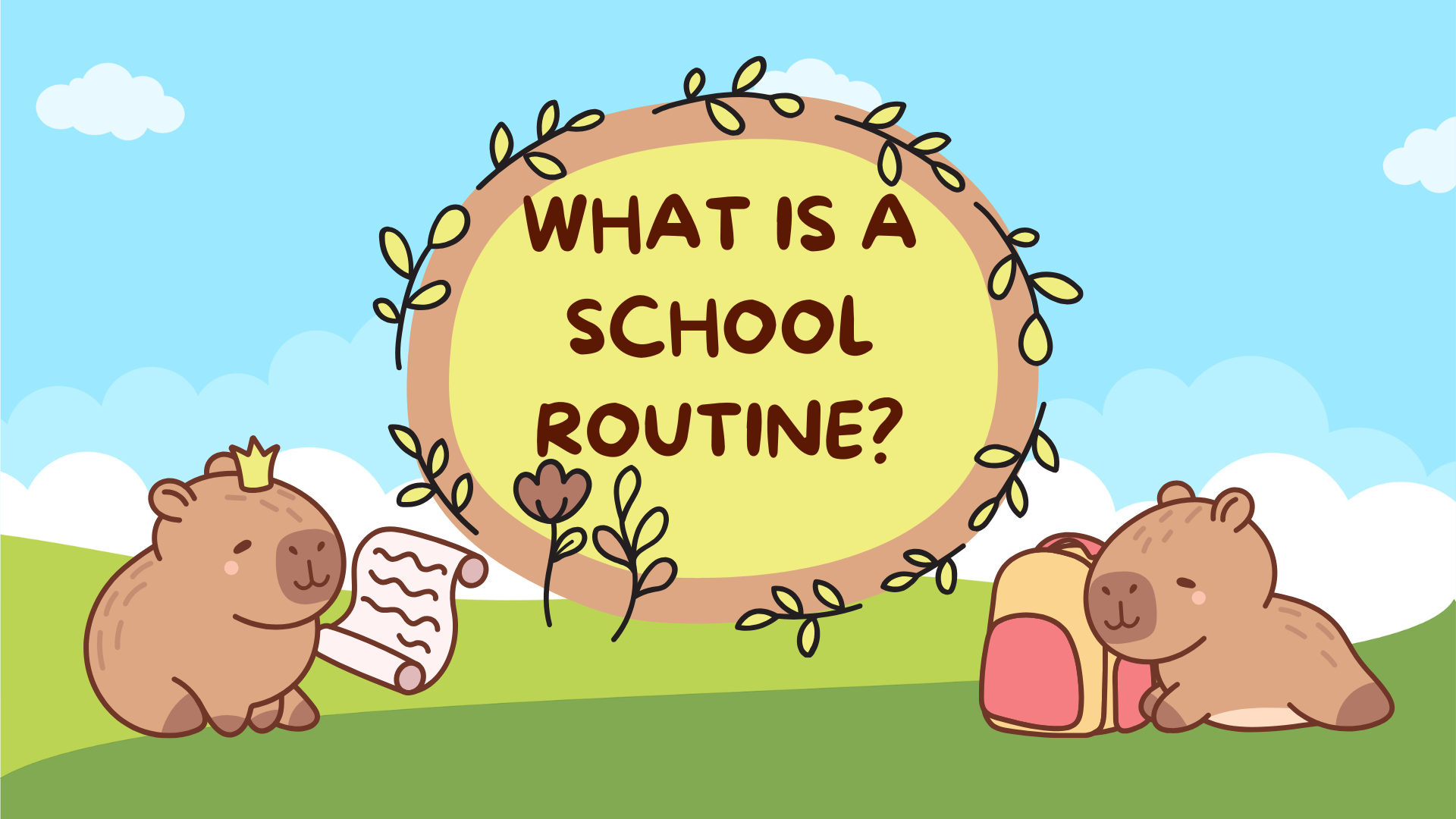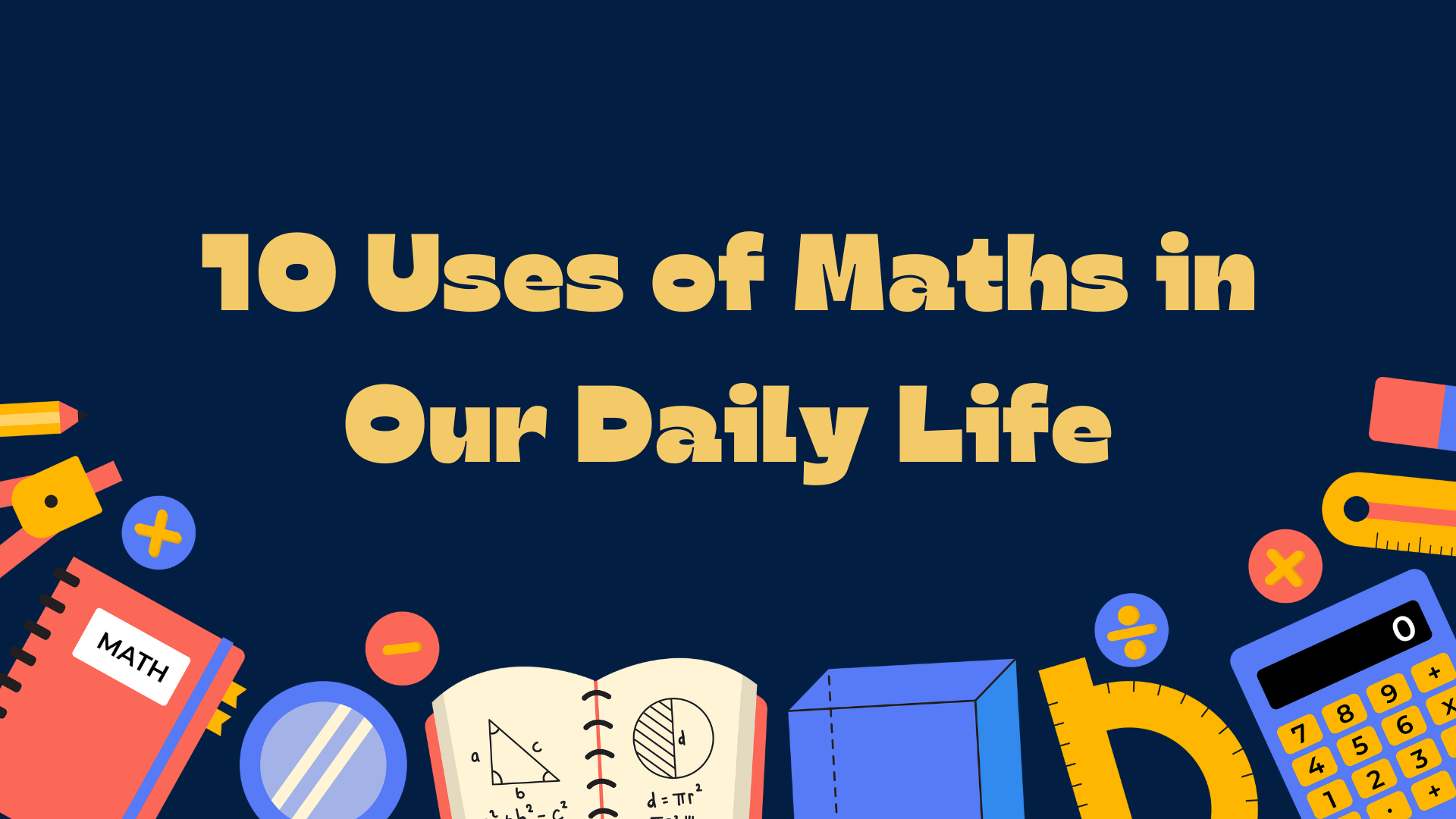
Importance of Educational Tour for School Students
When excursion and education go hand in hand, learning becomes an enjoyable and memorable experience. An essential part of a school’s curriculum, an educational tour broadens students’ horizons by connecting lessons to practical experiences and discoveries.
Educational tours allow them to witness real-world applications of what they study, interact with experts, and experience new environments firsthand. These expeditions make learning more engaging and interactive, sparking curiosity and encouraging students to ask questions and think critically.
By connecting classroom lessons to real-life experiences, educational tours not only deepen understanding but also help students develop social skills, confidence, and a broader perspective of the world around them.
In this article, we will tell you the importance of educational tours, highlighting how they make learning engaging, practical, and enjoyable for students.
Importance of educational tour
Educational tours open the door to new experiences, discoveries, and personal growth. Here are reasons that explain the importance of educational tour:
1. Hands-on and experiential learning experience
Educational tours provide the ideal opportunity for students to apply what they have learned in the classroom. These trips serve as a bridge between theory and practical application, enabling students to understand concepts in a real-life context.
Moreover, when students see, hear, and experience theories in action in the real world, they tend to understand them better and retain the knowledge longer. All in all, an educational tour is a recipe for a great hands-on learning experience.
2. Better cultural understanding and growth
Most schools take their students to historical monuments, art galleries, museums, and cultural events to expose them to different cultures. This exposure ignites cultural awareness and growth in students.
When students are introduced to heritage sites and cultural venues, they not only learn about new cultures and traditions, but also develop a sense of respect for diversity.
Apart from cultural immersion, these avenues also offer opportunities for cross-cultural interactions and communication. Students learn to think beyond cultural and language barriers. It sharpens their social skills.
3. Enhances student engagement and improves academic performance
Educational tours make learning more engaging and fun. Well-planned educational tours enable students to engage with theories and concepts through hands-on experiences, tangible objects, and real-world settings.
When students learn through experiencing, they understand the concepts better and keep them in their memory for longer. It helps in improving their academic performance.
Furthermore, sensory-based learning enhances observation, perception, analytical, critical thinking, and problem-solving skills.
4. Strengthens knowledge and understanding
Through educational tours, students gain exposure to new environments and perspectives. Trips to interesting locations, ancient sites, culturally diverse cities, historically relevant places, and art havens enhance their knowledge and understanding of various subjects, including history, art, geography, and science.
5. Encourages independent learning
When schools take students on educational tours, they intentionally allow students to immerse themselves in a world of knowledge, discovery, and curiosity. As students explore new places and cultures, they penetrate deep into the layer of facts, tales, wisdom, and wonder. They become curious and ask questions. In the process, they learn to unearth truths and tales independently. It fuels their imagination and also fosters independent learning.
6. Builds confidence
Independent learning and exposure instill confidence. When students are away from the usual classroom setting, they learn to take responsibility for their belongings, follow a schedule, and manage their time effectively. Moreover, social interactions and communication between peers and sometimes, strangers, enhance their communication skills, which further boosts their confidence.
7. Teaches teamwork
Group activities are a part of educational tours. Students engage with peers in group activities, discussions, and problem-solving tasks, which help them develop teamwork, empathy, and respect for others’ opinions. It also gives them a chance to fortify their bonds.
8. Fosters social skills
The importance of educational tours in fostering social skills is paramount. Interactions between students and teachers outside the regular classroom setting create opportunities for more open communication and collaboration.
It also helps them develop their social skills, including effective communication, cooperation, adaptability, and empathy.
9. Career awareness
Tours to research centers, factories, museums, universities, and corporate offices give students a firsthand look at a variety of professions. They get the chance to see how a real workplace operates, watch professionals in action, and understand the skills and dedication required for different jobs.
This exposure helps students discover what excites them, sparks their curiosity, and guides them in exploring potential career paths. It also gives them confidence in thinking about their future, as they start to imagine themselves in roles they might never have considered before.
10. Stress relief
The pressure to excel in academics and extracurricular activities can weigh heavily on students, affecting their physical, mental, and emotional well-being. A monotonous routine only exacerbates the situation.
In this situation, an educational tour offers a much-needed and well-deserved break. It breaks the monotony and turns learning into something engaging, interactive, and fun, which helps ease stress. Exploring new places and cultures refreshes the mind and takes some of the pressure off students.
More than a trip!
Educational tours are more than just trips. They are experiences that bring learning to life. They help students connect lessons to the real world, spark curiosity, build confidence, and develop social and practical skills.
By stepping outside the usual routine, students not only gain knowledge but also create memories and insights that stay with them long after the tour ends. To sum up, educational tours help students grow in ways that textbooks alone never can.







